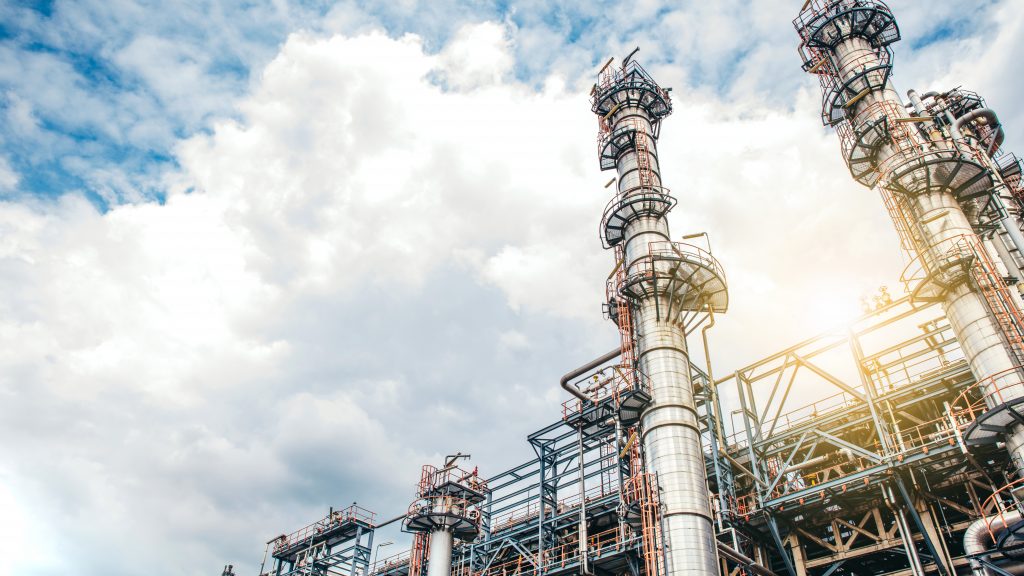
- ARAB NEWS
- 11 Jul 2025

The industry ministry started discussions Tuesday for a triennial review of Japan’s basic energy plan amid increasing calls for global greenhouse gas emission cuts.
The discussions began at a meeting of a subgroup of the Advisory Committee for Natural Resources and Energy
The focal points are whether Japan can restart more of its nuclear power plants despite persisting safety concerns among the public and how to increase the use of solar, wind and other renewable energy sources.
The government will revise the basic energy plan as early as next year.
“We’ll examine the costs, power supply stability and decarbonization without a predetermined conclusion,” industry minister Hiroshi Kajiyama told a news conference after a cabinet meeting.
The share of renewable energy in the country’s total power supply should be raised to 30 pct and that of nuclear energy lowered to around 15 pct in fiscal 2030, said a participant in the meeting.
Under the Paris Agreement, an international framework for the fight against climate change, Japan is committed to reducing its greenhouse gas emissions by 26 pct from the fiscal 2013 level in fiscal 2030.
But the country relies heavily on thermal power generation using coal, oil and liquefied natural gas.
According to its fiscal 2030 targets, the government aims to bring the share of thermal energy to 56 pct of the total power supply, renewable energy to 22-24 pct and nuclear power to 20-22 pct that year.
In fiscal 2018, however, the share stood at 77 pct for thermal power, 17 pct for renewable energy and 6 pct for nuclear power. Japan will not be able to fulfill its international promise unless the situation changes significantly.
It is necessary to restart about 30 nuclear reactors in order to raise the share of nuclear energy as hoped. But it is uncertain whether the government can win public understanding as concerns linger after the severe accident at Tokyo Electric Power Company Holdings Inc.’s Fukushima No. 1 power plant.
The amount of electricity generated from renewable energy sources swings wildly depending on weather conditions.
Efforts are accelerating to develop low-priced, high-quality batteries to help reduce power supply volatility. But developers face many technical difficulties.
In addition, power generation from renewable energy sources is still costly.
The ministry is expected to consider carefully the future share of renewable energy because a sharp increase may result in electricity rate hikes and unstable power supply.
JIJI Press